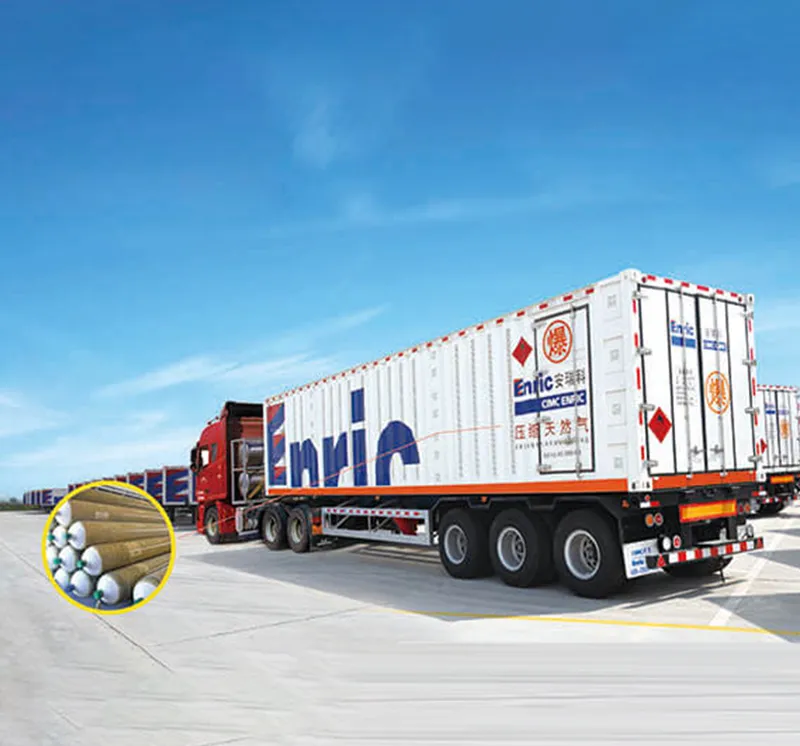Compressed natural gas (CNG) tube skids are an integral part of the oil and gas industry, as they are used for the safe transportation and storage of CNG, which is a clean and cost-effective alternative to traditional fossil fuels. The safety features of CNG tube skids are of paramount importance in ensuring the safe handling, storage, and transportation of CNG in the oil and gas industry.
High-Quality Materials: CNG tube skids are typically constructed using high-quality materials such as high-strength steel, which are designed to withstand the high pressure of the compressed natural gas. These materials are chosen for their durability and resistance to corrosion, ensuring that the tube skids can withstand the harsh operating conditions of the oil and gas industry.
Pressure Relief Devices: CNG tube skids are equipped with pressure relief devices such as pressure relief valves or rupture discs, which are designed to release excess pressure in case of an over-pressurization event. These safety features prevent the CNG tube skids from exceeding their pressure limits, which could lead to catastrophic failures or explosions.
Safety Valves: CNG tube skids are also fitted with safety valves that allow for controlled release of pressure in case of emergencies or abnormal conditions. These safety valves are designed to automatically activate when the pressure inside the tube skids exceeds a certain threshold, ensuring that the pressure is released in a controlled and safe manner.
Leak Detection Systems: CNG tube skids are equipped with leak detection systems that can detect and alert operators to any leaks in the system. These systems may use various techniques such as pressure drop monitoring, ultrasonic sensors, or gas detectors to quickly identify and locate any leaks, allowing for prompt action to be taken to mitigate the risks associated with gas leaks.
Fire Suppression Systems: Fire suppression systems are an essential safety feature in CNG tube skids. These systems typically include fire-resistant materials, such as fire-resistant paint or coatings, and fire suppression mechanisms, such as fire extinguishers or automated fire suppression systems. These safety features help prevent and mitigate the risks of fires in CNG tube skids, which can result from various causes, such as leaks, electrical sparks, or external heat sources.

Design Compliance: CNG tube skids must comply with industry standards and regulations, such as the National Fire Protection Association (NFPA) 52 and Department of Transportation (DOT) regulations, which provide guidelines and requirements for the design, construction, and operation of CNG tube skids. Compliance with these standards ensures that CNG tube skids are designed and manufactured to meet safety requirements, providing an additional layer of safety for their operation in the oil and gas industry.
Training and Emergency Response Plans: Proper training of operators and personnel involved in the handling, transportation, and storage of CNG tube skids is critical to ensure safe operations. Emergency response plans, including procedures for handling emergencies such as gas leaks, fires, or over-pressurization events, should be in place to provide clear guidelines for response and mitigate risks effectively.
In conclusion, the safety features of CNG tube skids are of utmost importance in the oil and gas industry to ensure the safe handling, storage, and transportation of compressed natural gas. These safety features include high-quality materials, pressure relief devices, safety valves, leak detection systems, fire suppression systems, design compliance with industry standards, and proper training of personnel. Implementing and maintaining robust safety measures in CNG tube skids is crucial to prevent accidents, protect personnel, and minimize risks associated with the handling of compressed natural gas in the oil and gas industry.

Comments